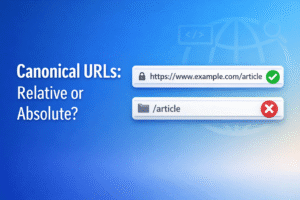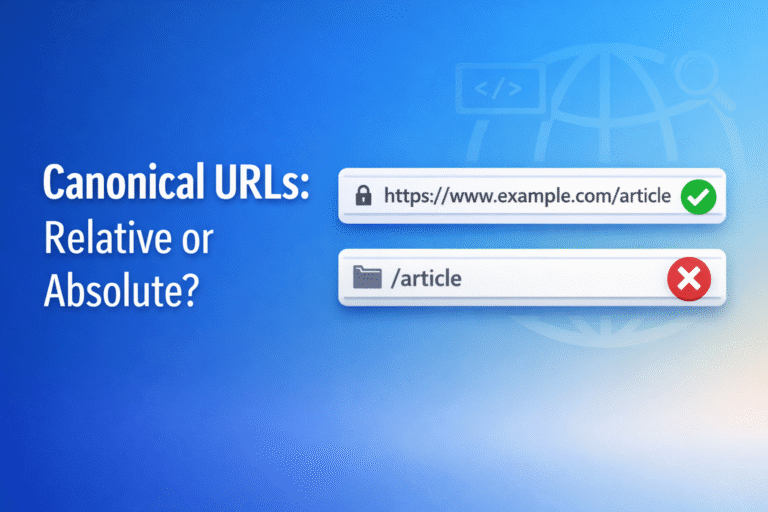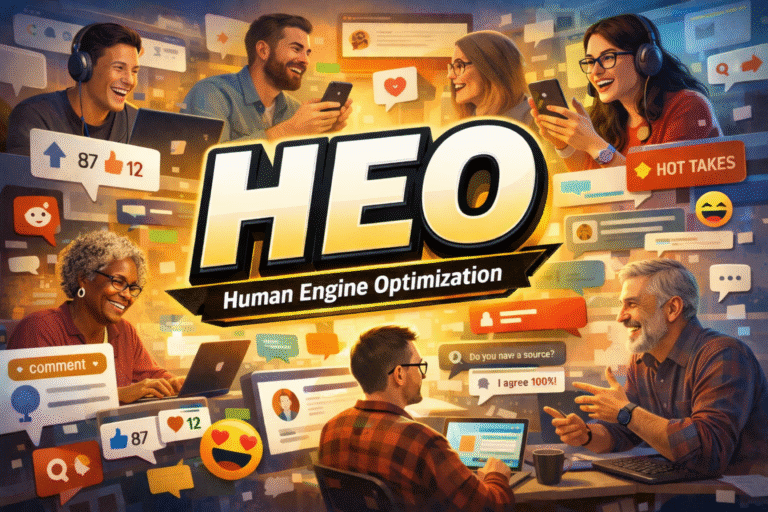Do a quick web search for “SEO vs PPC” and you’ll get more than a million results. This never quite made sense to me. Why do we need to pit SEO and SEM against each other in a steel cage marketing deathmatch to determine which one is best? This isn’t The Highlander! There need not only be one. I realize that some are curious as to which marketing tactic provides the best ROI. But an argument can be made for either SEO or Paid Search in that respect, and ultimately it’s not an apples to apples comparison. Despite the fact that the end goal may be the same, they each operate very differently. Rather than choosing one or the other, we’re instead going to explore how Paid Search and SEO work together, and the benefits of utilizing both tactics for your website:
SEO Takes Time, Paid Search Does Not:
As I said, it’s not an apples to apples comparison, and this is what I meant. If you look at the ROI of both SEO and SEM in the first six months of your campaigns, SEM will win every time. Because SEM can be turned on like a faucet. As soon as you start running Paid Search you can start driving traffic. As we tell our SEO clients, we need at least six months before we start to see big results. This is just the nature of Search Engine Optimization. Anyone who tells you otherwise is not doing it right.
SEO Reduces your SEM Costs:
We generally recommend starting SEO before you start SEM or paid campaigns. At the very least, you should get a free audit done on your site and address the most damaging issues. Fix-up your “house” as much as you can before you put it on the market. Just like in real estate, small improvements to your property can pay off dividends.
The same is true here; Small on-site changes can drastically improve your page rank and quality score, saving you hundreds if not thousands of dollars in unnecessary ad spend, while increasing your organic presence in the process.
Expand Your Keywords Using SEO, and vice versa:
While SEO and SEM operate in different ways, there is some overlap. Particularly when it comes to keyword research. Your SEO campaign will help you uncover long-tail search terms that drive conversions. You can find these terms via Google Webmaster Tools, and use them to expand your SEM keyword lists. Additionally, you can access your Search Query Report within Google Adwords to figure out what terms are triggering your ads. These terms can be used for optimizing SEO content.
SEO Efforts Influence SEM Quality Score:
Quality Score is an estimate of how well your SEM ads and landing pages relate to your keywords. Additionally, Quality Score is determined based on your ads Click-Through-Rate, landing page load time, and several other factors. In addition to your bid, the Quality Score is used to determine how you rank compared to other Paid Search ads. In short, the better your quality score, the higher your ad will rank and the less money you’ll pay for that position. By ensuring that your landing pages are optimized for SEO (both in terms of technical SEO and your content) and that the landing page content matches your ad copy and keywords, you can reduce your overall Paid Search costs.
Rank for Branded Keywords and Competitor Keywords:
Your website should already be ranking for your branded keywords. This should be a no-brainer, and it’s likely that you wouldn’t even have done any work for these rankings- They just come naturally. But ranking for your competitor’s branded terms is a different story. While it is difficult to rank highly for a competitor’s branded terms, you can easily add those terms to your Paid Search campaign! Now your ads are appearing when someone searches for a competitor.
But, your competitor’s might also be bidding on your branded terms. In which case you can add your own terms to your SEM campaign. That way, you’ll be occupying more Search real estate, ensuring that when someone is searching for your business, they’ll land on your website.











